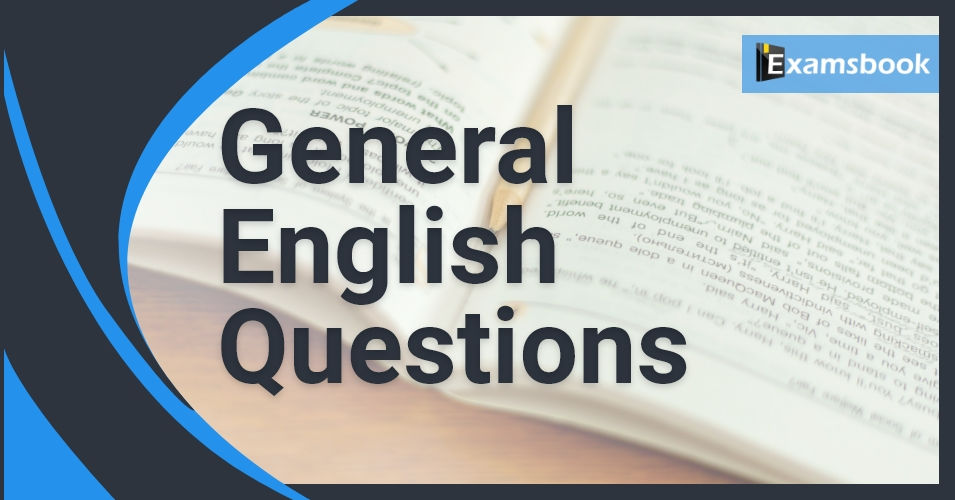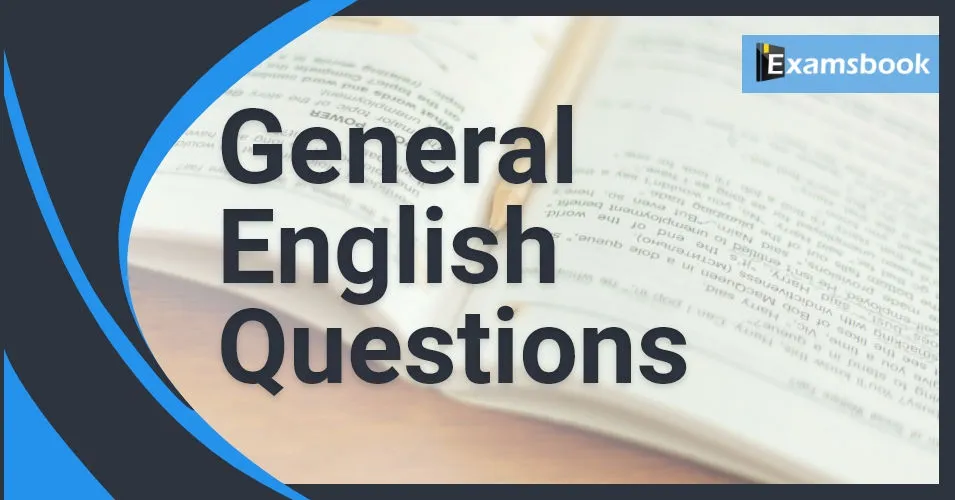


Yesterday, the villagers caught a burglar _______ a bottle of oil from the community hall.
(A) embezzling
(B) frauding
(C) swindling
(D) pilfering
“Embezzling” means misappropriating/stealing of funds placed in one’s trust or belonging to one’s employer. Hence, it does not fit the context properly.
The word ‘frauding’ is incorrect. “Fraud” is a noun; ‘-ing’ cannot be added to it. Hence, it can also be eliminated.
“Swindling” means ‘use deception to deprive (someone) of money or possessions’. It also does not fit the context properly.
“Looting” means ‘steal goods from (a place), typically during a war or riot”. It also does not fit the context aptly.
“Pilfering” means ‘stealing things of little value’.
As, ‘a bottle of oil’ can be considered a thing of not much value, ‘pilfering’ fits the blank appropriately.
It will make a bad economic situation marginally ______ and, perhaps, even create a black market in certain articles.
(A) good
(B) worse
(C) better
(D) weaker
The presence of a ‘bad economic situation’ indicates that the statement has a negative tone.
Further, the word ‘marginally’ before the blank indicates that the answer should be in comparative form.
The word ‘worse’ makes the sentence both grammatically and contextually correct .
Right now, the concern is about banks not lowering their lending rates fast enough, ______ the repo rate has been coming down.
(A) because
(B) since
(C) although
(D) from
Carefully studying the sentence fragments before and after the blank,
it can be concluded that they should be joined by a conjunction which means even though.
The conjunction ‘although’ makes the sentence both grammatically and contextually correct.
India’s problem is not the paucity of traffic rules and regulations but a general ______ for them.
(A) insistence
(B) absence
(C) allocation
(D) disregard
The blank is a reason of the ‘problem’ and hence it should be a negative word. This word should also be one that can be followed by the preposition ‘for’.
The word ‘disregard’ makes the sentence both grammatically and contextually correct.
Smoking will never be given up, _____ the tobacco industry thrives.
(A) so that
(B) as long as
(C) though
(D) as if
As long as: We use “as long as” to refer to the intended duration of a plan or
idea, most commonly referring to the future.
• We always use the present simple to refer to the future after “as long as.”
• Example: We are very happy for you to stay at our house as long as you like.
He _____ a lot of letters yesterday.
(A) had written
(B) had been writing
(C) wrote
(D) has written
• In the sentence, it is clearly mention that the action had took place ‘yesterday’.
• So, ‘simple past tense’ should be used here and ‘verb? should be chosen.
• Hence, ‘wrote’ is the appropriate word.
Increasing concerns about climate change point to the need for enhanced efforts towards _____ sustained growth.
(A) to achieve
(B) achieve
(C) achieved
(D) achieving
The most appropriate word for the given blank is ‘achieving’
In the given sentence ‘towards’ is a preposition.
If we want to follow a preposition by a verb, we must use the “-ing” form which is really a gerund or verb in noun form.
Example: I will call you after arriving at the office.
He hinted ____ some loss of treasure.
(A) of
(B) for
(C) with
(D) at
• Here, in the given sentence the most appropriate preposition is ‘at’.
• In the given sentence ‘hinted at’ is a phrasal verb.
It means •to talk about (something) in an indirect way
o Example: He’s been hinting at the possibility of running for mayor.
Are you looking forward ____ Akhil again?
(A) seeing
(B) to see
(C) to be seeing
(D) to seeing
• In this case “to” is a preposition, and you always need to use the ‘ing’ form (gerund) after a preposition.
• ‘looking forward’ is a phrasal verb. A phrasal verb contains a verb and a preposition and in this case, two prepositions (forward and to).
• To look forward to is a transitive verb which means that it needs an object ( a noun or a verb).
• As ‘seeing’ is a gerund (noun form of verb), the answer should be ‘to seeing’.
• This option uses the gerund form “seeing” after the preposition “to.” It is the most appropriate choice as it maintains parallel structure and conveys the idea of anticipation or expectation. “Looking forward to seeing” is a common phrase used to express excitement about a future event.
The Mekong is also home ______ the world’s largest catfish.
(A) for
(B) in
(C) to
(D) within
• Option 1 For’ cannot be used because the phrase ‘home for something’ is incorrect.
• Option 2 ‘In’ cannot be chosen because ‘home in something’ does not make any sense in the given context.
• Option 4 ‘within’ cannot be chosen because it does not make the sentence meaningful.
• Option 3 ‘to’ is the best fit. The phrase ‘to be home to something’ means to be the place where that thing is located or, in the case of living things, where they
live, precisely for talking about inhabitants of a given place (be it plants, animals, people, or robots)
• Here, The Mekong is also home to the world’s largest catfish which are the inhabitants of the Mekong.
Get the Examsbook Prep App Today